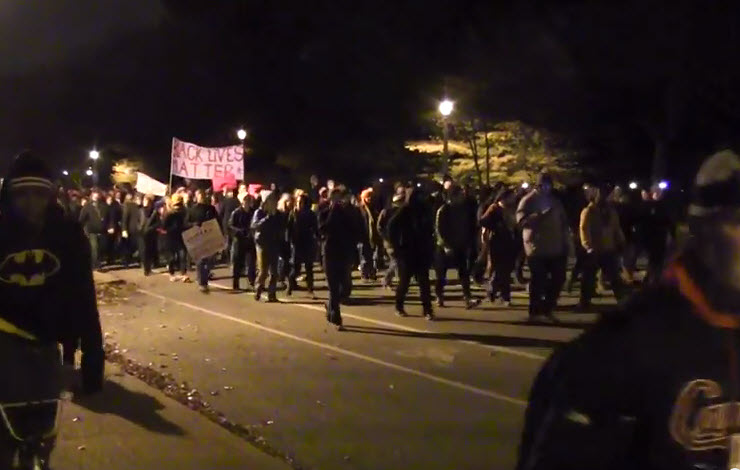Gun regulations endorsed by the Founders
From a website called "The Conversation":

I have been researching and writing about the history of gun regulation and the Second Amendment for the past two decades. When I began this research, most people assumed that regulation was a relatively recent phenomenon, something associated with the rise of big government in the modern era. Actually, while the founding generation certainly esteemed the idea of an armed population, they were also ardent supporters of gun regulations.Consider these five categories of gun laws that the Founders endorsed.#1: Registration (required) #2: Public carry (generally prohibited) #3: Stand-your-ground laws (not allowed unless retreat not possible) #4: Safe storage laws (sometimes required) #5: Loyalty oaths ("The right to bear arms was conditional on swearing a loyalty oath to the government. Individuals who refused to swear such an oath were disarmed.")

